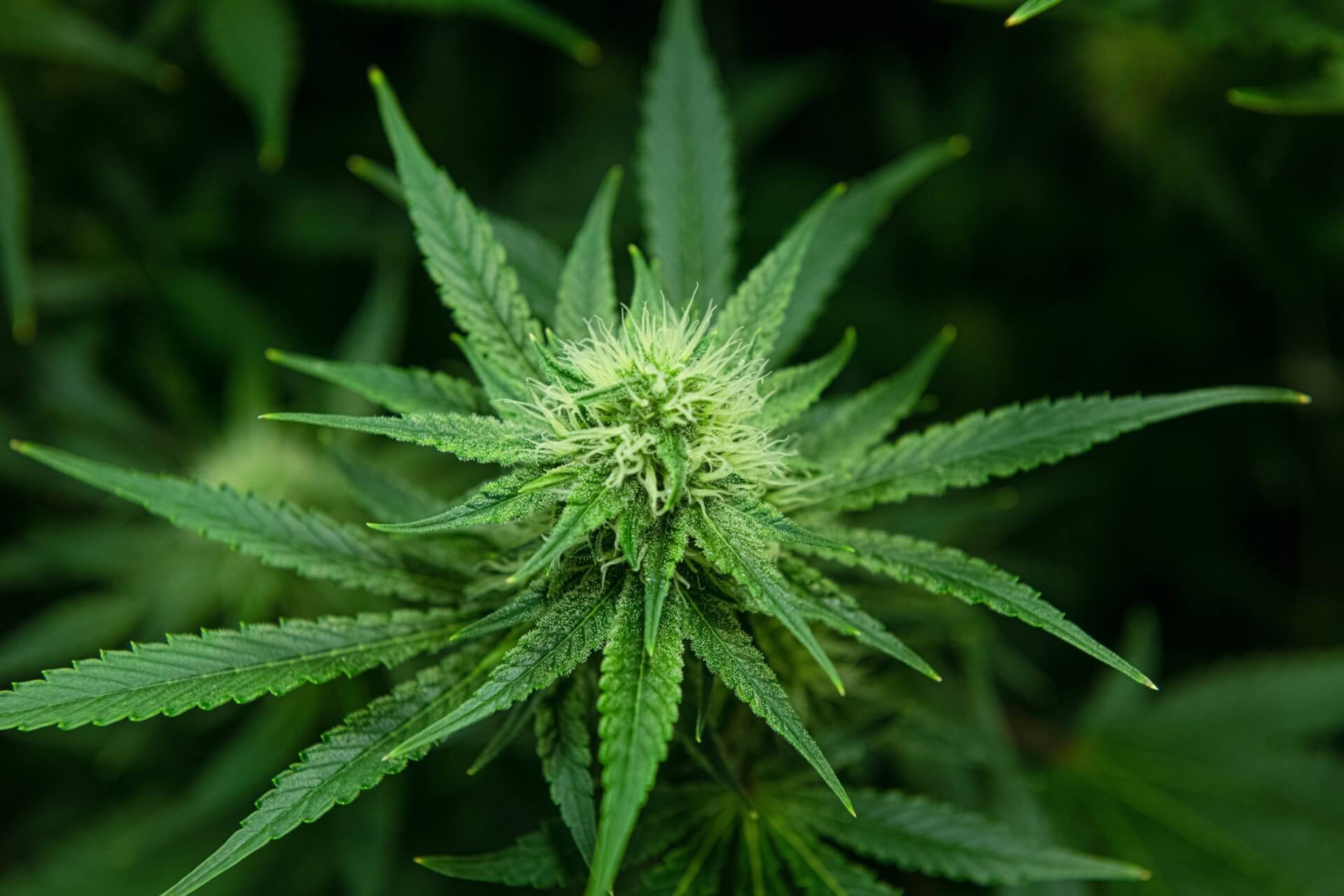The potential reclassification of cannabis from Schedule I to Schedule III under the Controlled Substances Act marks a remarkable shift in federal drug policy. Schedule I drugs, which include substances like heroin and ecstasy, are classified as having no currently accepted medical use and a high potential for abuse.
However, the proposal by the Drug Enforcement Administration (DEA) would recognize cannabis as having serious medical benefits, aligning it with other Schedule III drugs such as ketamine and testosterone.

Drug Enforcement Administration (Credits: KTSM 9 News)
The move follows a letter from FDA researchers highlighting the scientific evidence supporting the medical uses of cannabis and refuting claims of widespread abuse. Medical marijuana has been found to alleviate pain, nausea, and loss of appetite associated with conditions like chemotherapy.
While reclassification would still require prescriptions for cannabis, it could potentially pave the way for broader acceptance of medical marijuana. However, concerns have been raised about the impact of maintaining any scheduling on criminal penalties, particularly in communities of color.

Marijuana Leaves (Credits: Virginia Mercury)
Some argue that rescheduling would perpetuate disproportionate impacts on Black and Brown communities, where enforcement of drug laws has historically been harsher.
President Biden has expressed support for decriminalizing marijuana and has indicated a willingness to address issues related to cannabis possession and incarceration. His administration’s stance on marijuana policy will likely continue to evolve as public attitudes and scientific understanding of the drug shift.























